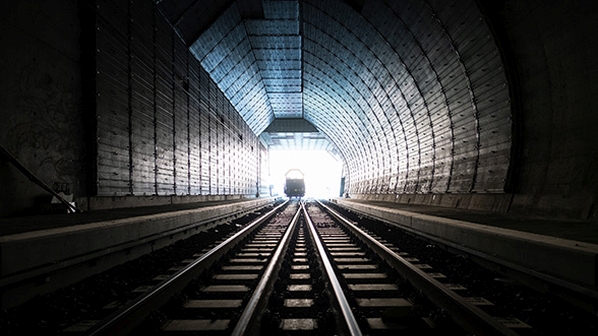Nokia, which carried out the work over six years on behalf of project manager AlpTransit Gotthard, supplied control technology management, monitoring and operations support systems.
In its project delivery role, Nokia was responsible for supplier and interface management, requirement management processes, as well as comprehensive system and project documentation.
Nokia says the tunnel’s control system registers a broad range of variables such as entry access, air quality, ventilation, and fire detection. In addition, the operations support system provides customised, real-time monitoring of Ceneri and Gotthard Base Tunnel communications infrastructure, and performs root cause analysis for rail-related services.
The operations support system integrates network components from several third-party technology providers, including two data networks, a video surveillance system, two tunnel radios and two emergency communication systems. It can also handle subsystem interfaces across various protocols, as well as support information exchange with existing Swiss Federal Railways (SBB) infrastructure.
Nokia merged the Ceneri tunnel’s new communications infrastructure with existing communications systems in the neighbouring Gotthard Base Tunnel, which the supplier installed prior to the Gotthard tunnel’s opening in 2016.
“In terms of project delivery and management, Nokia hit every milestone on time, fulfilling all KPI expectations,” says Mr Christopher Kennepohl, head of operational processes for AlpTransit Gotthard.
“Nokia’s operations support system provides the intelligence that feeds the Swiss Federal Railways’ Pollegio operations center, enabling real-time insights to be delivered across a range of parameters and identifying alarms for intervention and error handling.”
The 15.4km Ceneri Base Tunnel was inaugurated on September 4 following the completion of construction on the project.
The tunnel, which will enter full service next month, is the final section of the Zürich - Milan New Alpine Rail Link (Neat) corridor project, which bypasses the existing high-altitude route over Monte Ceneri. The project is expected to reduce journey times for international passenger trains between Zurich and Milan by up to an hour compared with the current average, as well as incentivising an expansion of rail freight transported along the route.
For detailed data on infrastructure projects from around the world, subscribe to IRJ Pro.

